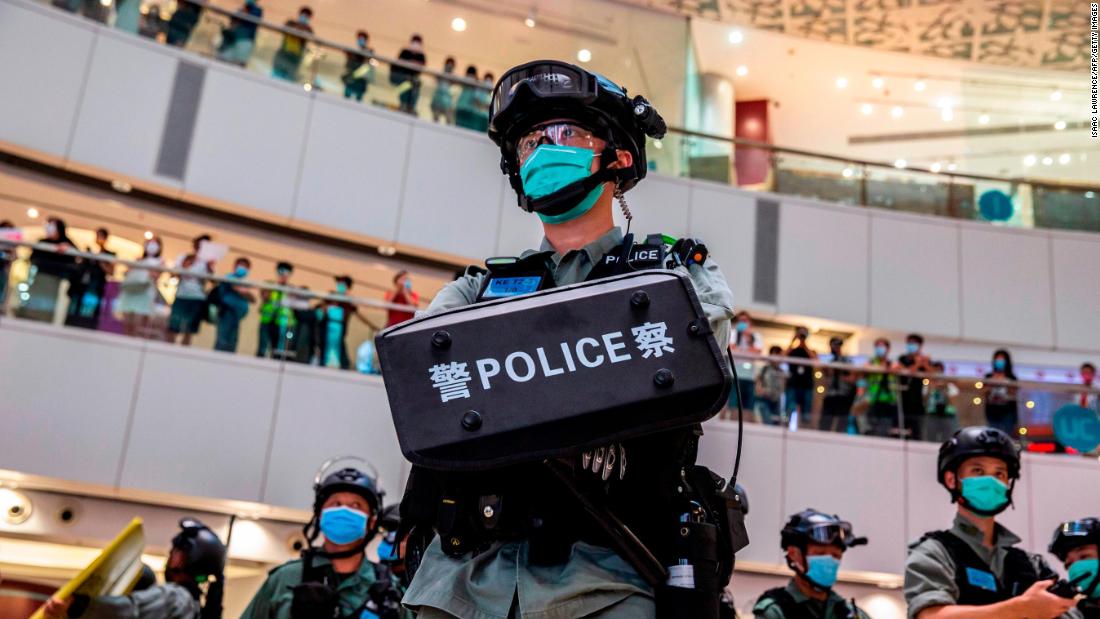“With the support of external forces, opposition groups and leaders have deliberately devised plans to hold these so-called ‘primary elections’, which are a serious provocation to the current electoral system and have caused serious damage to the fairness and justice of the Legislative Assembly,” at the time the Liaison Office, Beijing’s main representative in the city.
On Wednesday, Hong Kong police appeared to carry out the threat, arresting primary candidates in a morning scan.
Among those detained are former Democratic Party lawmakers James To, Andrew Wan and Lam Cheuk-ting, who until the end of last year were members of the city’s Legislative Council, before them and all other members of the pro-democracy bloc. resign in protest against the government’s decision to expel several lawmakers.
Joshua Wong, the prominent Umbrella Movement activist arrested at the end of last year, is also being investigated for the primaries. His home was broken into on Wednesday morning, said a post on his verified social media.
Hong Kong police did not immediately respond to a request for comment.
“I’ve already lost count. But believe me, everyone who participated in the pro-democracy primaries in Hong Kong last year will be arrested, including the organizers,” said Democratic Party president Lo Kin-hei on Twitter. “Most likely more than 40 or even 50.”
Wednesday’s arrests are the most dramatic and comprehensive escalation under national security law, which Hong Kong Chief Executive Carrie Lam and others had promised to have limited effect and target only a small number of marginal activists. .
Former lawmaker Emily Lau described the arrests as “shameful and ridiculous”.
“How people who participate in a primary election to select candidates can be subversive and violate the National Security Act,” she said. “This is a blatant attempt to intimidate pro-democracy activists and to warn people not to get involved in politics and collaboration.”
Speaking to CNN at the end of last year, Shum – an elected district councilor – predicted that it was a question of when, not if, he would be arrested and likely expelled from his seat.
“After 2019, I think we are facing a complete crackdown on the democratic movement. And at the District Council level, we are elected by the people of Hong Kong … and they can see this as a threat,” said Shum.
Chief Executive Lam came to talk about the city’s political discord in his New Year’s speech. “Every time there are fights in society, people actually pay a high price,” she said. “That’s why, for 2021, my greatest hope is that society will have harmony. So that the SAR government and other public bodies have more space to do concrete things for Hong Kong.”
CNN’s Jadyn Sham contributed reporting.
